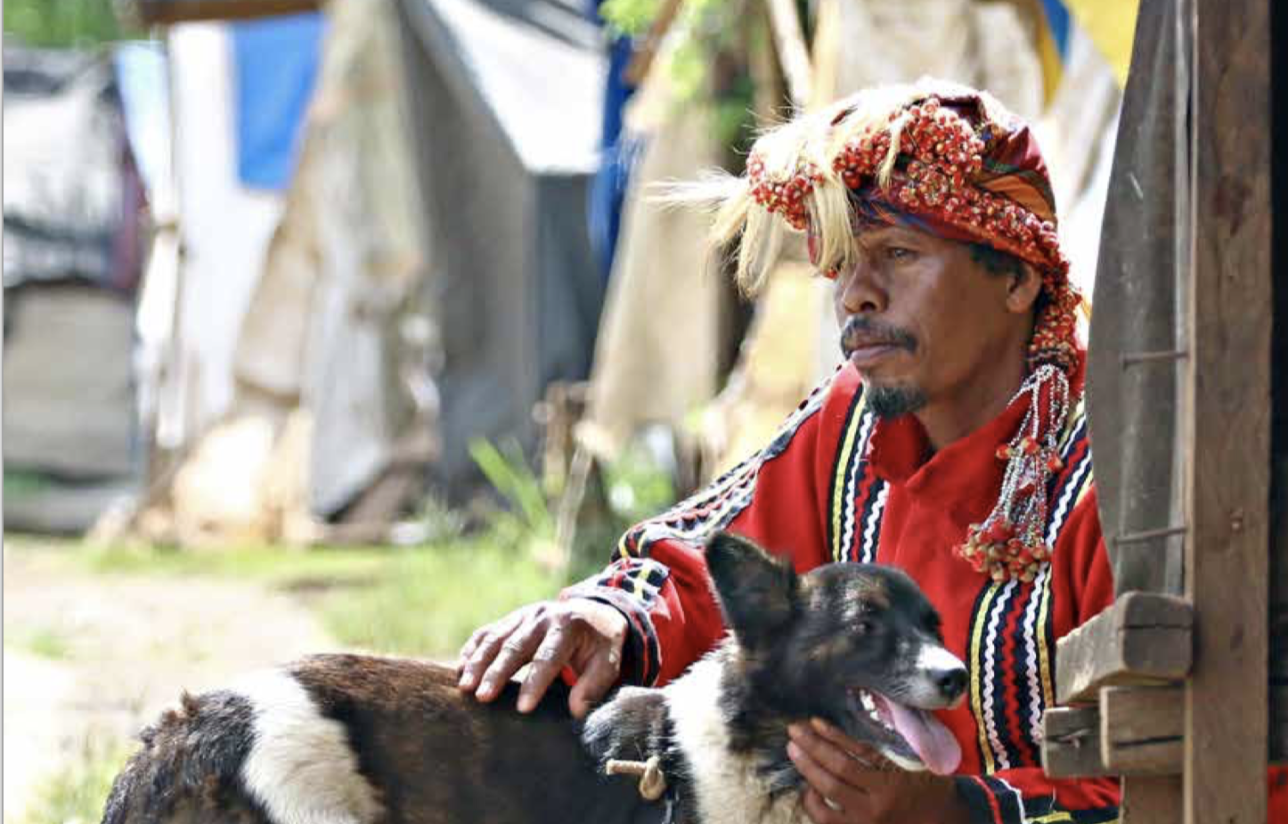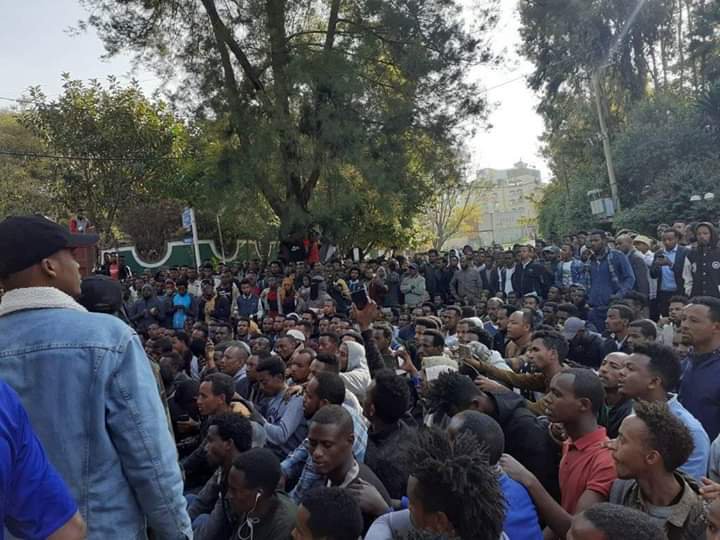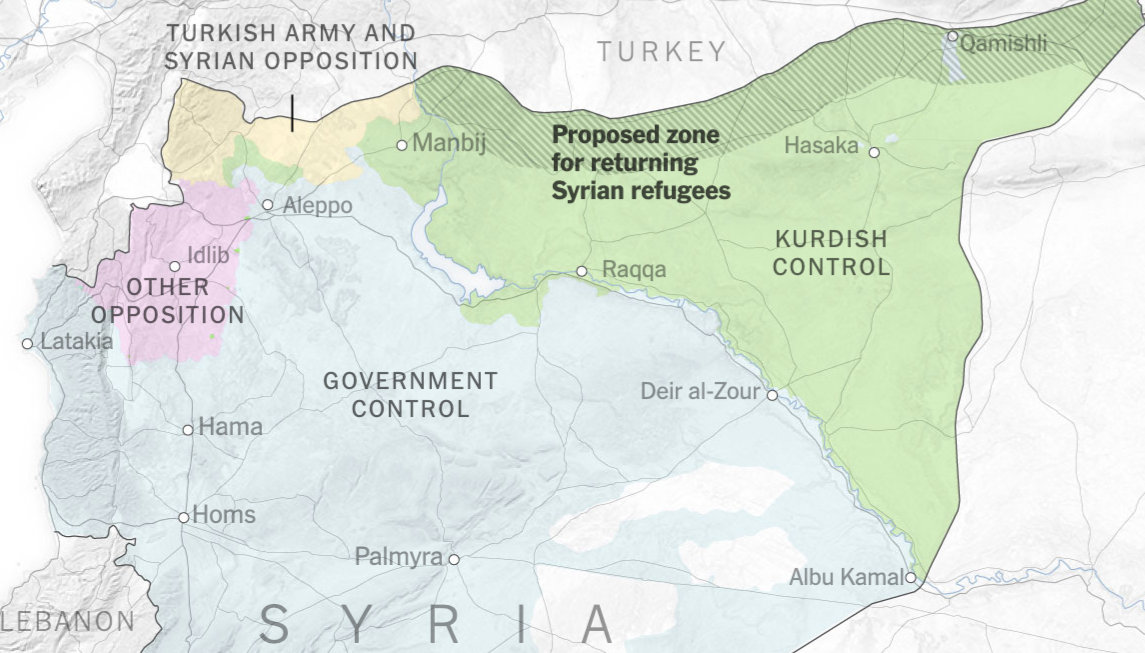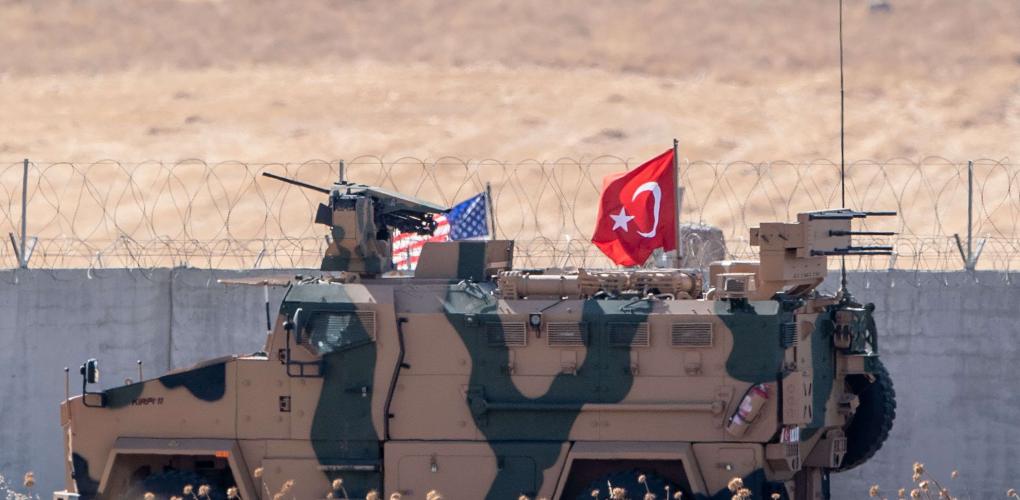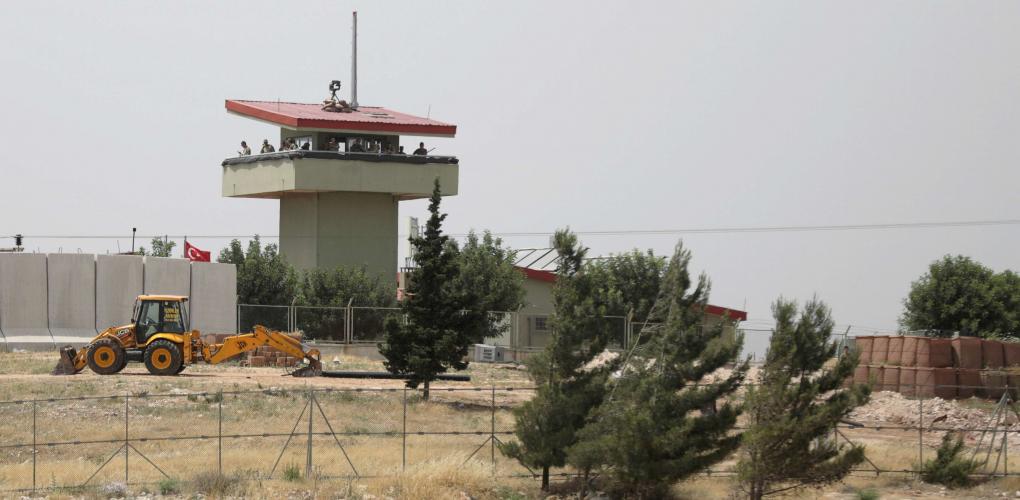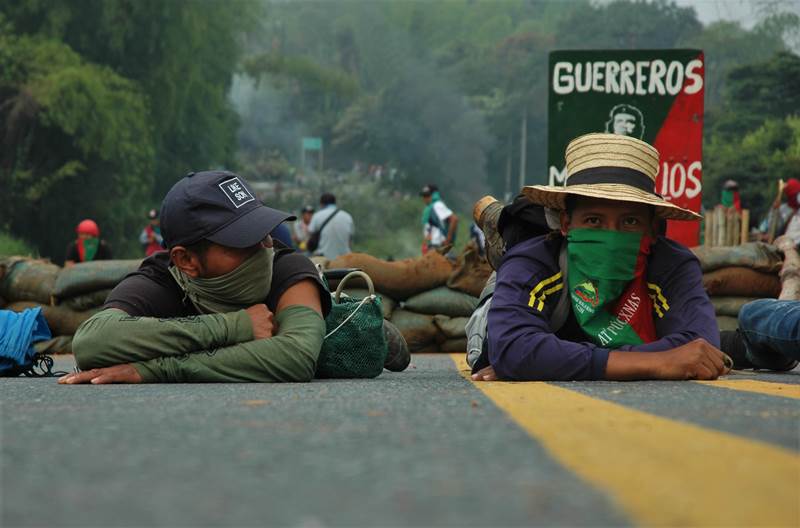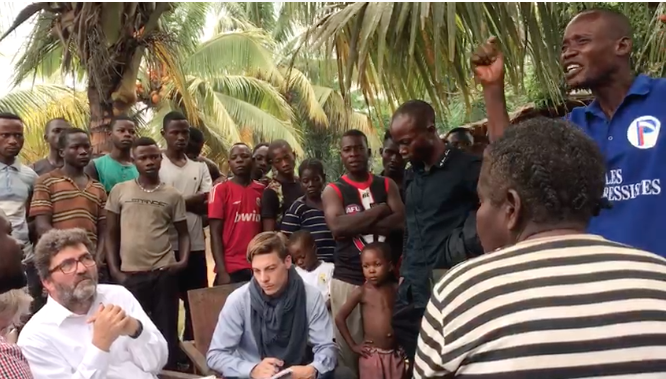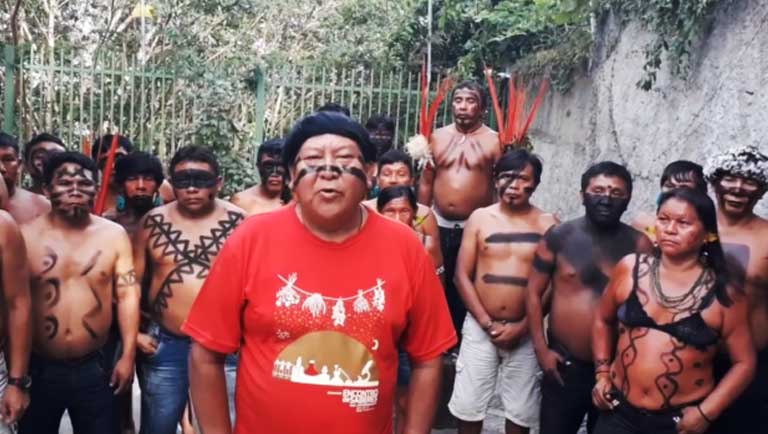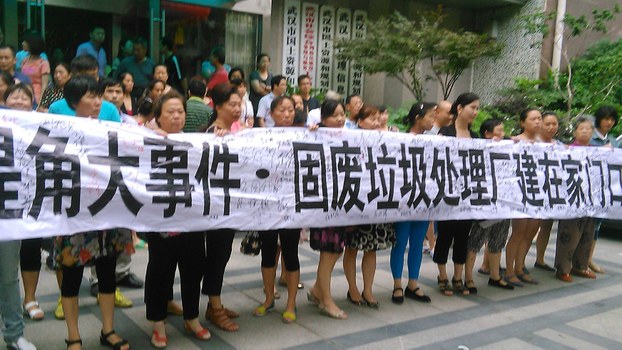Colombia: UN protests slaying of rights activists
The Office of the UN High Commissioner for Human Rights expressed concern over the killings of human rights defenders in Colombia last year. The statement said the commission is “deeply troubled by the staggering number of human rights defenders killed in Colombia during 2019.” The commission asserted that there were between 107 and 120 killings of rights activists in Colombia over the course of the year. It called on the “Colombian Government to make a strenuous effort to prevent attacks on people defending fundamental rights, to investigate each and every case and to prosecute those responsible for these violations, including instigating or aiding and abetting violations.” (Photo via Contagio Radio)



